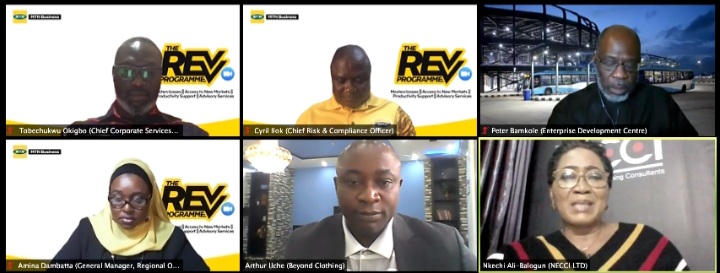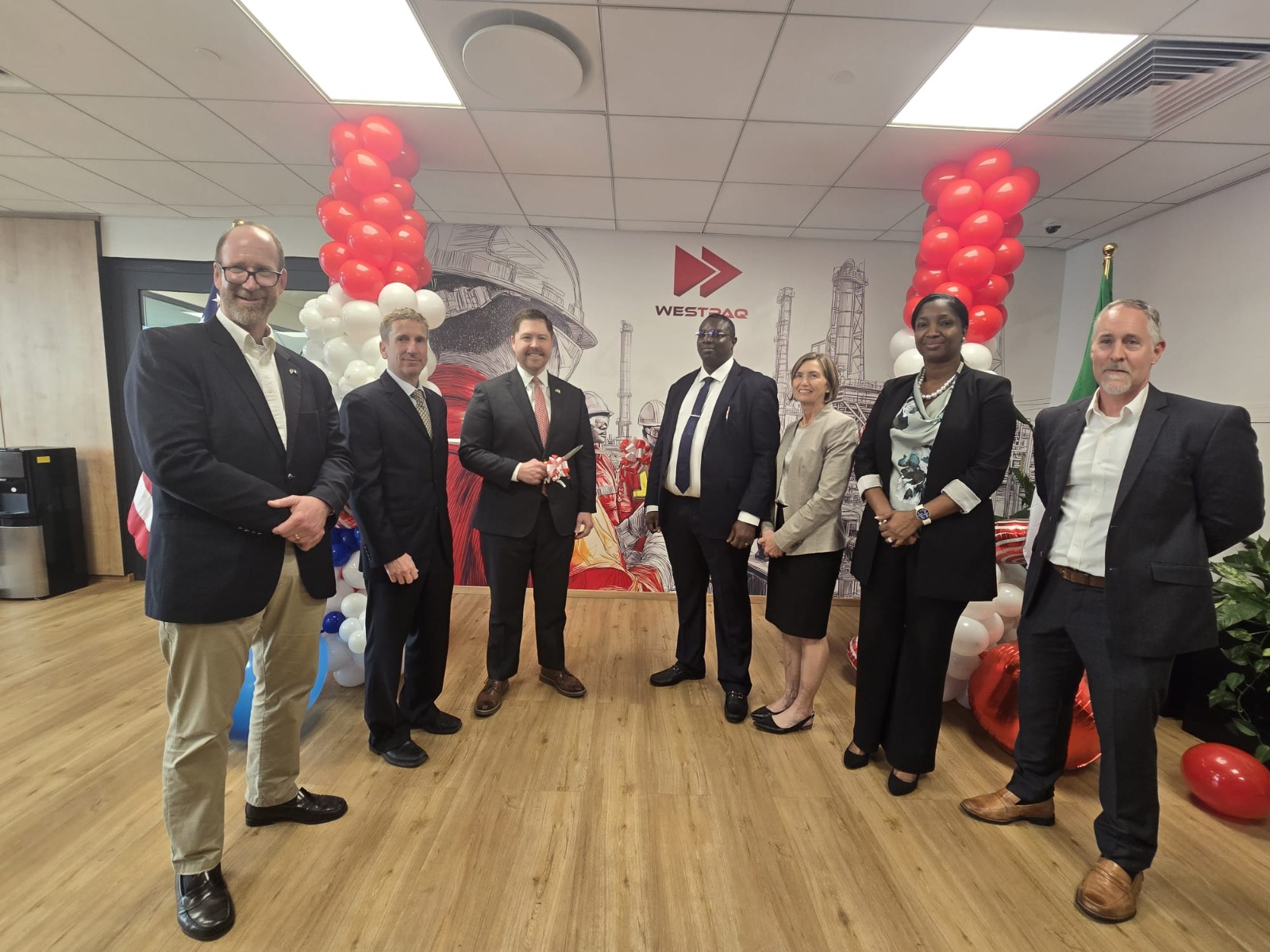Dress Right: The New Acronym for Small Business Success in the 21st Century

Experts in business and corporate governance held a virtual masterclass on Wednesday, October 14 to build capacity in business management for SMEs in Nigeria.
In the latest series of The Revv Programme masterclasses, the focus was on “The Resilient Small Business: A Stakeholder and Crisis Management Perspective.’’
Discussions at the session revolved around access to new markets, productivity support and advisory services. A key insight at the session is DRESS RIGHT, which is a new acronym for corporate governance.
Moderated by the General Manager, Regional Operations, MTN Nigeria, Amina Dambatta, the session featured experts in key business areas such as risk and compliance management, corporate governance, enterprise development amongst others.
The Director, Enterprise Development Centre, Pan-Atlantic University, Peter Bamkole identified access to market and finance, as well as security of lives and property as many factors to business development.
He also advised the participants at the virtual masterclass on the need to exercise some self-discipline for best business practice.
“Corporate governance means you can’t take a unilateral decision even when you run your own business,’’ Bamkole said.
Using the acronym, DRESS RIGHT, he enumerated the major components of 21st Century business management, which are Digitisation, Risk mitigation, Ethics, Separation, Saving, Regulatory compliance, Innovation, Governance, Human resource, and Togetherness.
While speaking on crisis management, the Principal Consultant, NECCI Consulting, Nkechi Ali-Balogun highlighted the importance of anticipating risk in order to be better prepared to manage it.
This can be done by assembling a crisis communication team that includes a spokesperson and media relations personnel.
“The spokesperson must be knowledgeable about the business and the environment and be able to balance the issue with the organisation,’’ she said.
In addition, she advised SMEs to create positive content in advance in order to counter any negative publicity that may be generated on social media.
The CEO, Beyond Clothing, Arthur Uche shared a personal account of how his business thrived during the COVID-19 lockdown.
With the total closure of non-essential business activities, he considered problem-solving options that enabled him use available resources to retool and reinvent his clothing business.
“We had to diversify into making Personal Protective Equipment (PPEs) and convert our manufacturing lines. We conducted research and took our products to hospitals for trials. We didn’t just survive but we thrived during the lockdown. We solved a problem. Entrepreneurs see problems and solve them,’’ Uche added.
On his part, the Chief Corporate Services Officer, MTN Nigeria, Tobechukwu Okigbo, noted the importance of possessing an in-depth knowledge of the business environment, identifying key stakeholders and supporting their needs.
“Understand your environment, because the more you understand your environment the better you are able to respond to crisis. When you have mapped your stakeholders, the next thing you need to do is to understand what drives them and balance those needs vis-a-vis your organisation. If you are well versed with your stakeholders, it is easier to change direction and act when in a crisis,” Okigbo added.
While reflecting on the impact of governance structures on businesses, the Chief Risk and Compliance Officer, MTN Nigeria, Cyril Ilok urged SMEs to institute a policy of governance, set up proper business plans and develop a risk register to document risks.
“It is important to have a governance structure to manage risks. Do you have a policy in place that governs how you do things in your organisation?” Ilok asked the participants.
Initiated by Nigeria’s leading telecommunications company, MTN Nigeria, the Revv Programme is designed to help small businesses rethink and relearn their operations to enable them mitigate against the effect of the COVID-19 pandemic using a four-pronged approach that includes masterclasses, access to market, productivity tools support and advisory initiatives.





















